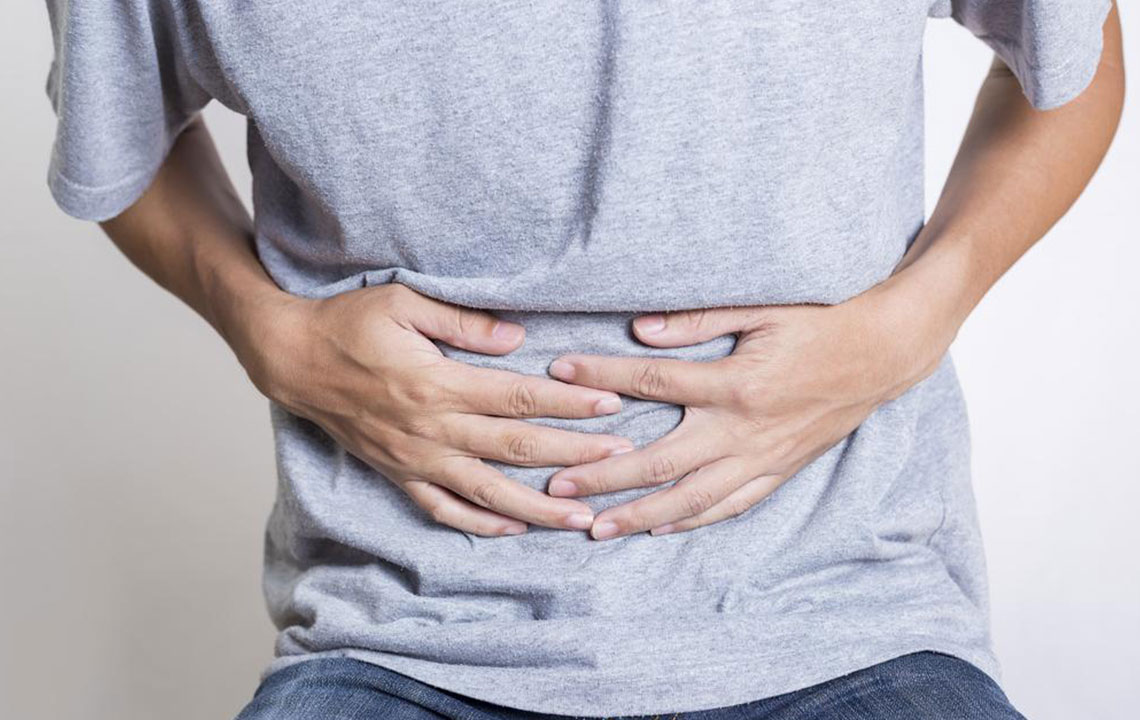Chronic Constipation – An Overview
Constipation refers to a condition when bowel movements are less than three per week. If the condition lasts longer than a few weeks, it is called chronic constipation. It can occur due to many different reasons. A chronic constipation treatment depends on the cause of the condition.
Symptoms of chronic constipation
Some of the most common symptoms that indicate chronic constipation include the following:
- Infrequent (less than 3) bowel movements per week
- The need to strain to pass stools
- Hard stools
- Discomfort or pain in the lower abdomen area
- Bloating in the abdomen
- Anal bleeding or fissures
- Incomplete evacuation of stools
- Chronic constipation treatment may become necessary for anyone experiencing any of the above symptoms for a few consecutive weeks.

Causes of chronic constipation
Chronic constipation may occur due to any number of the following causes:
- Rectum or colon blockages can obstruct the normal movement of stools. Such blockages can occur due to anal fissures, rectal or colon cancers, any other abdominal cancer pressing on the colon or narrowing of the large intestines.
- Problems with the pelvic muscles can also make passing stools difficult. Such problems can be weak pelvic muscles, an inability of the pelvic muscles to relax and contract properly or to relax well to allow for normal bowel movements.
- Hormone imbalance that can occur due to pregnancy, diabetes, overactive or underactive thyroid gland or other medical conditions can also result in chronic constipation by upsetting the balance of fluids in the body.
- Some medical conditions can affect nerves in and around the rectum and the colon, thereby causing chronic problems with stool elimination. These conditions can be spinal injuries, multiple sclerosis, autonomic neuropathy and Parkinson’s disease.
- Frequent medicine use such as iron supplements, narcotic pain relievers (oxycodone or codeine) and antidepressants can also cause constipation.
- Diet and lifestyle also are two important factors for healthy bowel movements. Diet lacking in fiber and consisting of too much-processed foods can disturb colon health. At times, prolonged inactivity and excessive stress can also cause chronic constipation.
- Other causes of chronic constipation may include aging, frequent dehydration or eating disorders.
For effective chronic constipation treatment, it is important to find out the underlying cause of the same. Self-medication or use of a laxative may cause further harm to the long term.
Diagnosis of chronic constipation
There are several tests to confirm a diagnosis of chronic constipation. Some of these tests may seem excessive but may be necessary for proper chronic constipation treatment.Often a general physical exam involving the abdomen and rectum and discussion of the patient’s medical history is enough to confirm the diagnosis of chronic constipation.To know the underlying cause of chronic constipation, the doctor may perform additional tests.
- Blood tests can be helpful in identifying hormonal problems as the cause of a patient’s problematic bowel movements.-Colonoscopy helps doctors thoroughly check the colon for any existing problems. The procedure involves examining the large intestines and rectum using a tube fitted with a camera.
- Sigmoidoscopy is the procedure to examine the rectum and the lower part of the colon by inserting a tube through the anus.
- Defecography is an X-ray of the rectal region during the defecation process to check for muscle problems. For this procedure, doctors place barium paste inside the rectum. When the patient passes this paste through the rectum, the barium is visible on the X-ray and helps doctors diagnose anal or rectal muscle problems that may be responsible for chronic constipation.
- MRI defecography is a procedure that uses a contrast gel to check the muscles responsible for bowel movements.
- An anorectal manometry is a procedure that allows doctors to check the health of the muscles involved in bowel movements.
- A balloon expulsion test checks the performance of the anal sphincter muscles. Using a balloon filled with water and placed inside the rectum, doctors check the time it takes for the patient’s body to eliminate it.
Treatment of chronic constipation
There are many steps included in an effective chronic constipation treatment plan.
- The first steps for any chronic constipation treatment are often dietary and lifestyle changes. The doctor may recommend including more fiber-rich and fresh foods in the patient’s diet. Some example can be whole grains, fresh vegetables, and fruits. Depending on the age and health of the patient, doctors may also recommend regular physical activity to stimulate daily bowel movements.
- The doctor may recommend the use of laxatives such as fiber supplements, stool softeners or osmotic. For chronic constipation treatment, doctors may prescribe medications to aid the bowel function.
- For very severe cases of chronic constipation, the doctors may recommend surgery as a treatment option.
Constipation is rarely a life-threatening condition, but it can cause a lot of discomfort and inconvenience in the long run. However, with proper diagnosis and professional care, successful chronic constipation treatment is possible.




